Americans’ right to privacy
May 3, 2016
In George Orwell’s 1984, he introduces the concept of “Big Brother,” a figure that has become synonymous with the idea of government surveillance. Now, some people will surely argue that giving up a few privacy rights is a small cost for making sure our country is safe. national security trumps the individual, as most people unanimously value a safer country. But just where exactly is the line drawn? With so much controversy surrounding this issue, one thing is certain: American citizens must understand these certain unalienable rights which guarantee confidentiality.
Controversies surrounding national security and individual privacy came into light after the September 11, 2001 terrorist attacks in the United States. Prior to 9/11, the world was a much different place. These attacks opened the eyes of not just the United States, but the entire world. Security became America’s number one concern, thus calling for action to prevent such tragedies in the future. President Bush and congress cooperated to help fight terrorism. Laws were passed and agencies were created to monitor potential threats aggressively, yet also remaining equally committed to the system of checks, balances, oversight and other safeguards that can prevent abuse of power (Charles).
More recently is the case of the terrorist attacks in San Bernardino, California. On December 2, 2015, a married couple attack a company Christmas party. The attack was deemed as an act of terrorism. 14 people lost their lives, and 22 others were injured (Wingfield). The FBI’s investigation came to a halt when confronted with the murderers personal cell phones. Unable to unlock the devices, the FBI turned to the phone’s manufacturer, Apple. The government asked Apple to unlock the single iPhone used by the San Bernardino shooter, Syed Farooq. The information locked away in the phone could connect more dots around the shooting or lead to discovery of future plans of terrorist attacks. However, Apple refused the government’s demands.
Apple’s refusal to cooperate sparked national debate. Apple believes it is a “slippery slope” to give up information on unlocking iPhone, as giving up the key would allow every iPhone to become accessible, since the procedure for the one phone could be reciprocated on all other iPhones globally. With other countries watching, especially nations controlled by Islamic militants, Apple feels that they cannot take this risk (Wingfield).
With so much on the line, Apple has received surprising support from its own rival companies. Corporations such as Microsoft, Amazon, Google, and others have all risen up to back Apple in its court case by filing separate briefs objecting to the government’s use of the All Writs Act, a law from 1789 that underlies many law enforcement requests for tech companies’ data in the San Bernardino case (Wingfield). Apple’s own CEO has been called “the privacy martyr” (Apple’s Encryption Battle, The Economist).
In these modern times, people just don’t grasp the significance that the internet plays in our privacy, or lack-thereof. The internet is all around us. It’s present in nearly any electronic device, especially in our smartphones. An individual person can be tracked at any given moment if he or she has internet access. Satellites orbit the Earth with constant surveillance. The biggest surge of sharing comes from social media. A person gives up so much simply by logging in, or agreeing to the terms of service without even glancing at it. New technologies and a heightened level of sharing on multiple outlets have led to moral and practical dilemmas that confront consumers, the tech industry, retailers, and especially the government. There is an invisible line that we often cross, yet we do not even know where it exists. It is almost impossible not to share information, and even harder to remain off the internet grid completely (Zaru).
Benjamin Franklin once stated that “Those who would give up essential liberty to purchase a little temporary safety, deserve neither liberty nor safety.’ Therefore, if the American people gave up their privacy for security, then more than likely they will end up with neither privacy nor security.” (UShistory.org). It is evident that American Citizens are buying into a false sense of security, simply because it is what is easiest for them (ASPA Weblog).
Privacy laws exist for a reason: to protect us from intrusion. We can always give up information voluntarily when it suits us; that’s part of our privacy rights. I don’t believe it’s wise to give up our right to keep information concealed, entirely. Even with privacy laws in place, the government has broken them in the name of security. Taking away those laws altogether would only make intrusion into people’s personal data easier. If we’re not careful, one day we’re going to wake up and realize that we don’t have any privacy rights left. By then it’ll be too late, and ‘Big Brother’ will have access to all aspects of the people. At that point we are going to be left wondering; what happened and where did we go wrong?


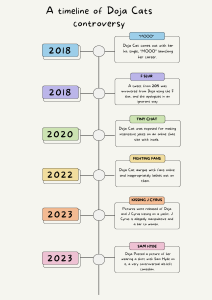





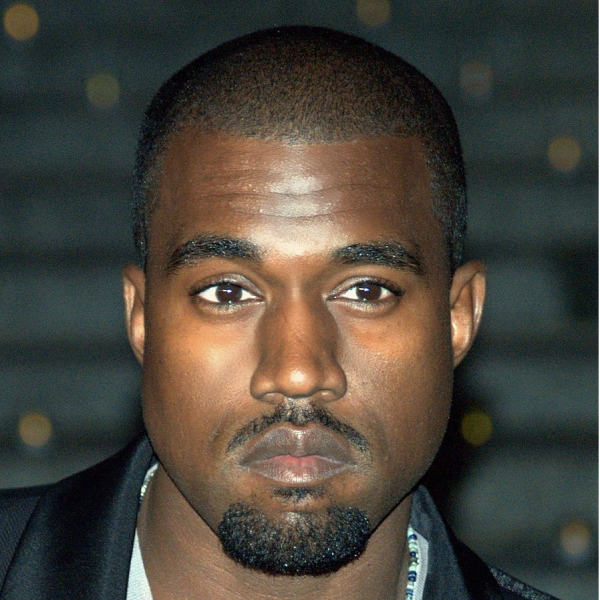

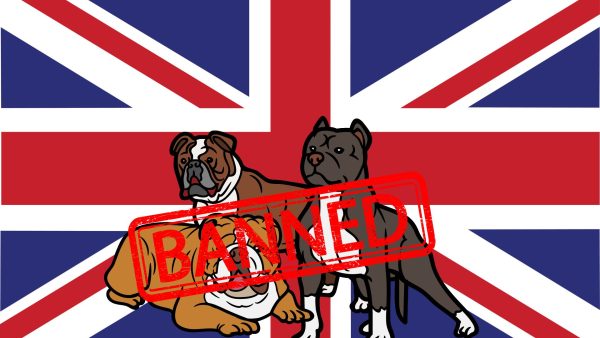



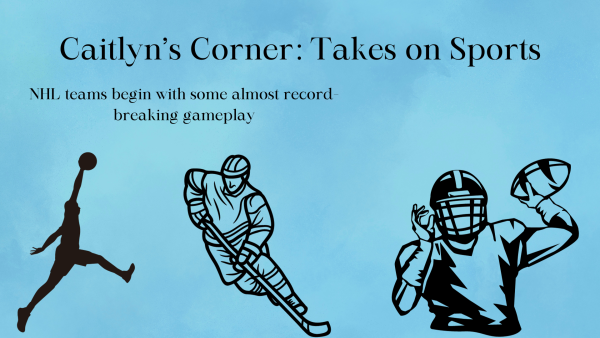

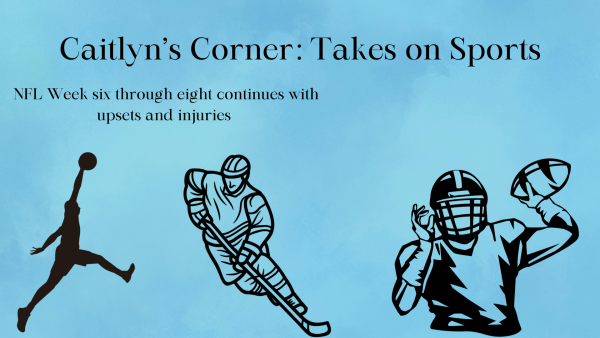
Smithb530 • May 21, 2016 at 12:41 PM
Some genuinely great information, Glad I discovered this. Good teaching is onefourth preparation and threefourths theater. by Gail. edddeeeckbadafed